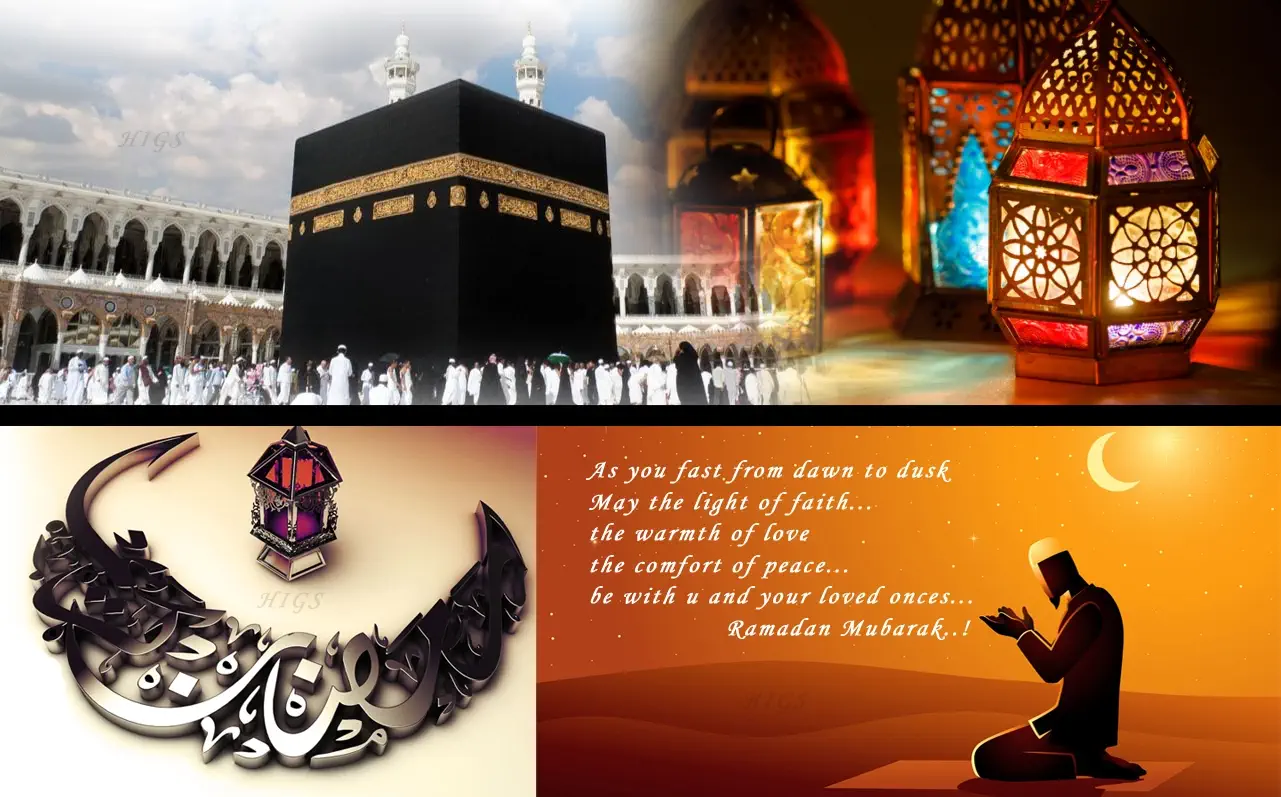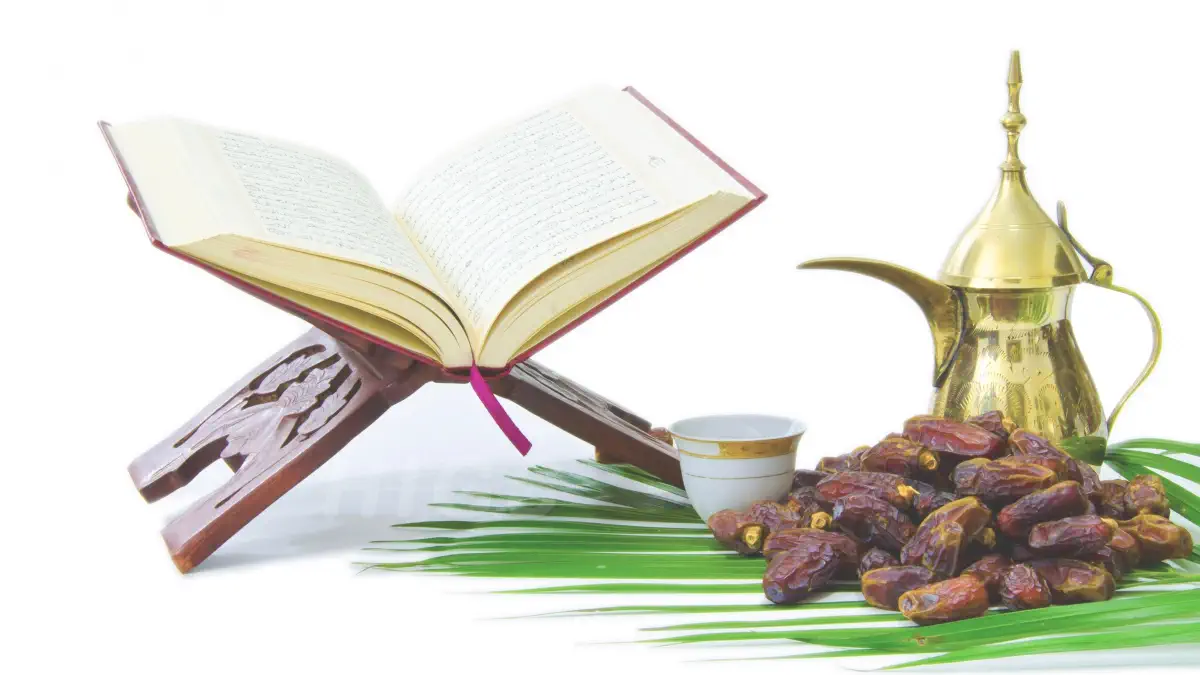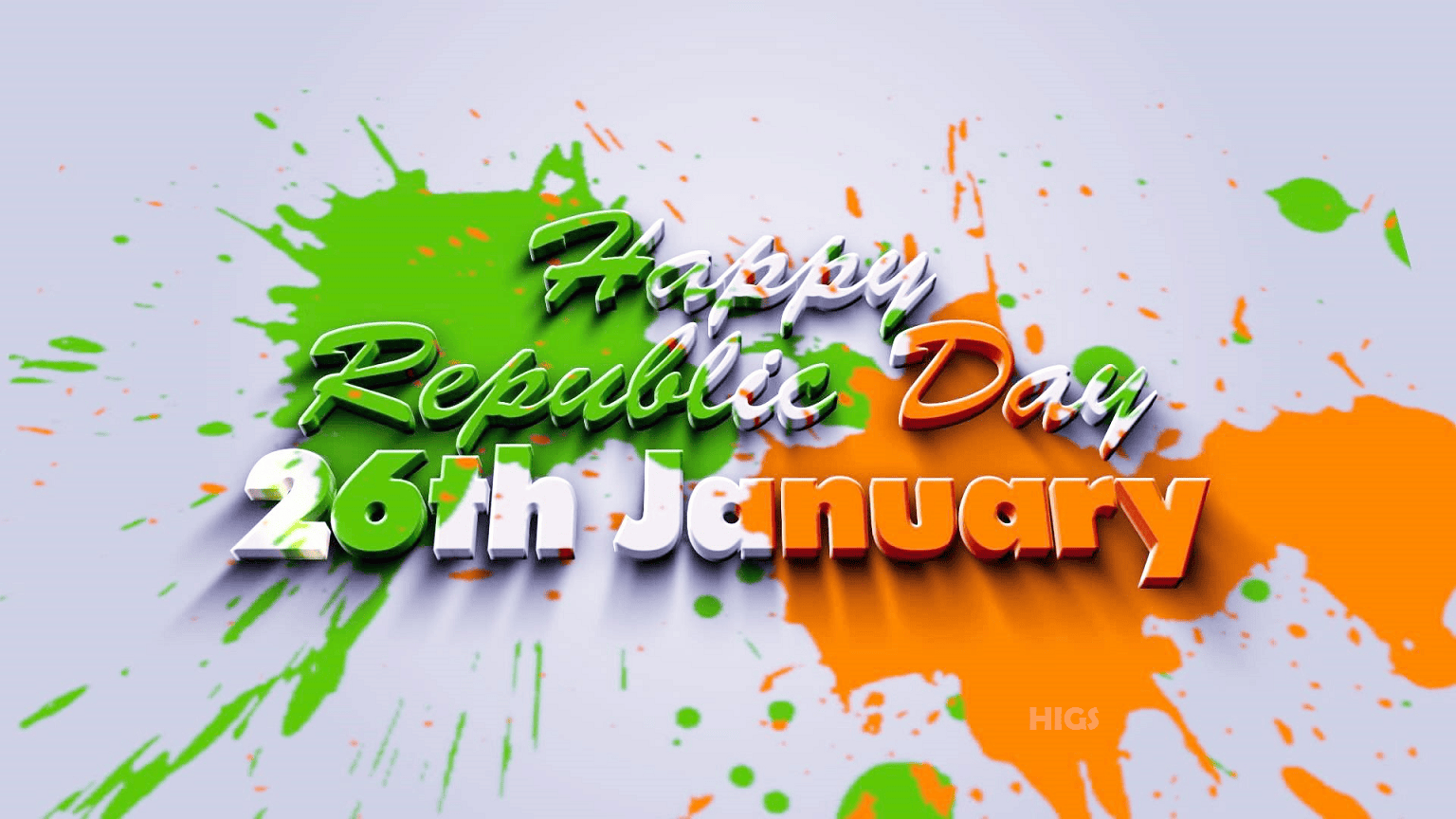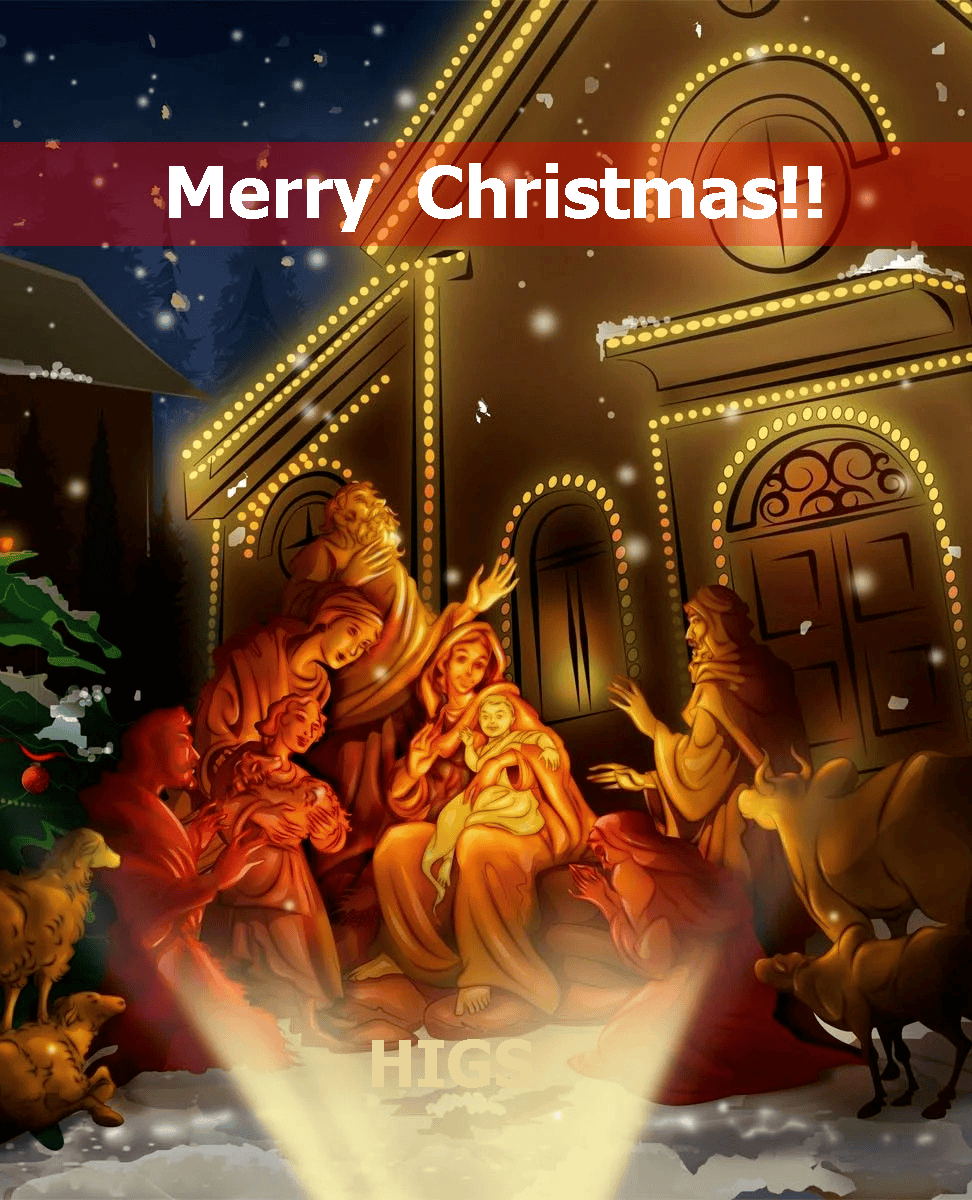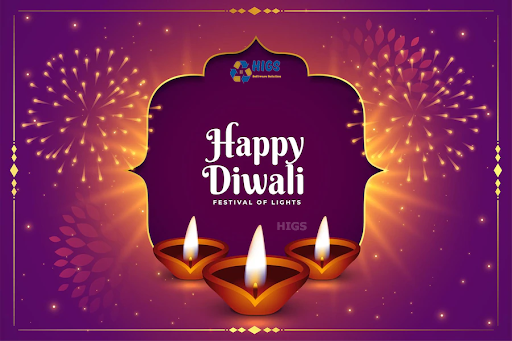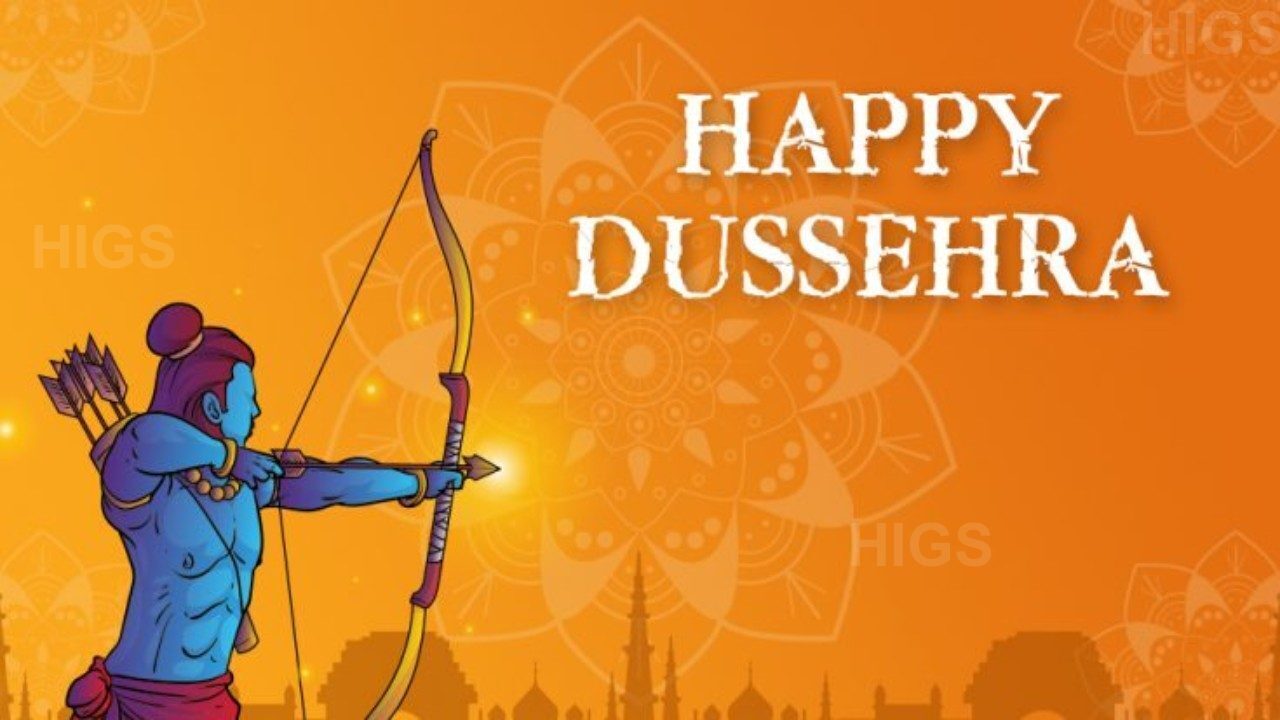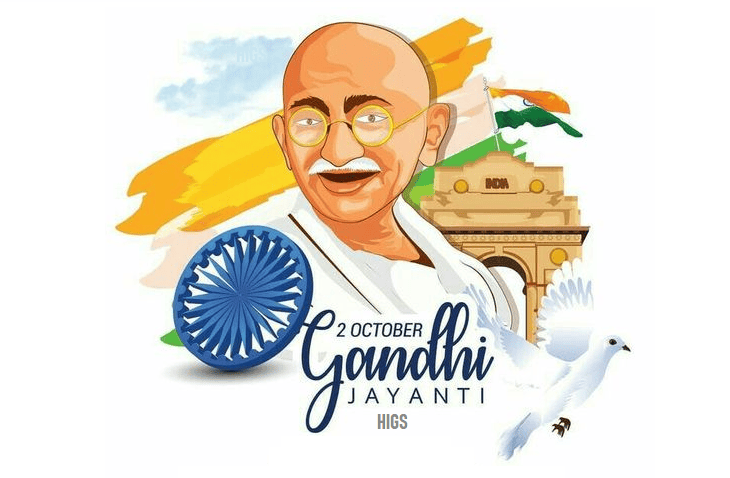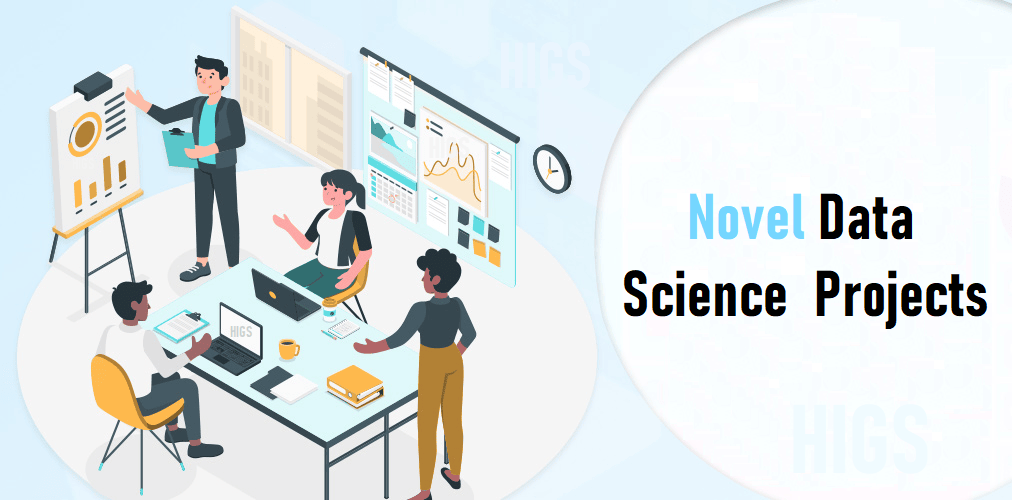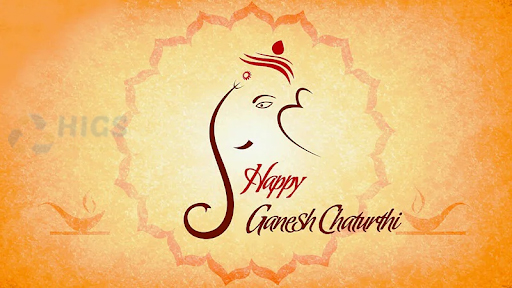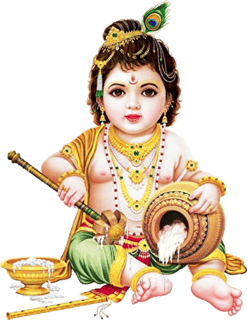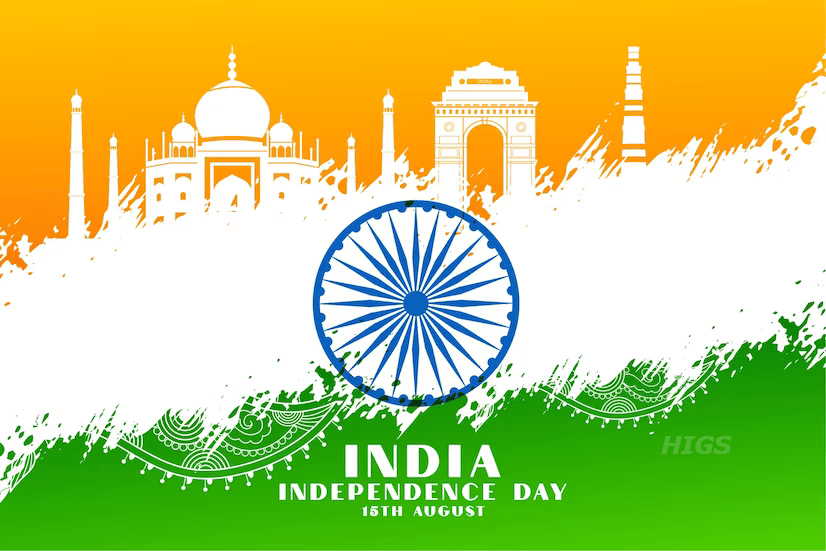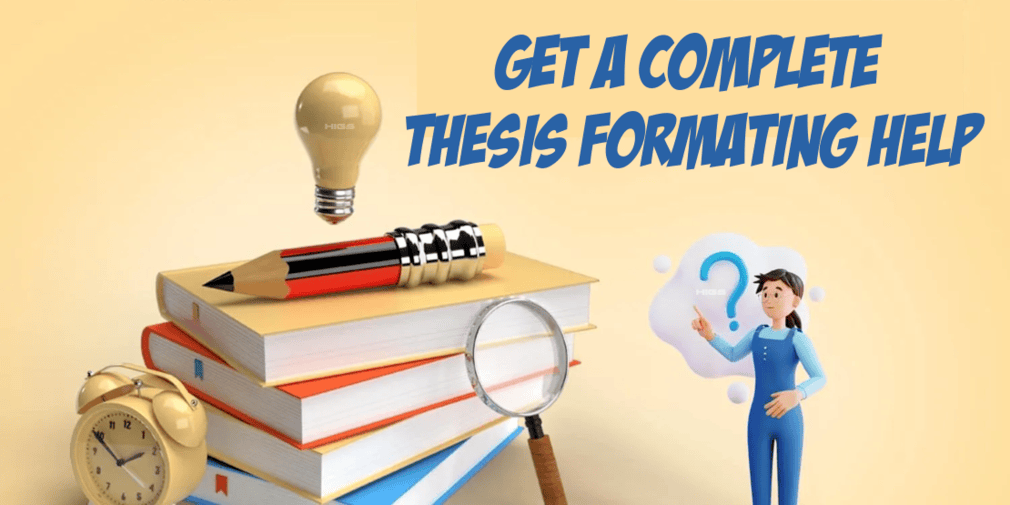Why is Ramadan?
The annual Ramadan observance, which marks the anniversary of Muhammad's first revelation, is one of the Five Pillars of Islam and lasts from one sighting of the crescent moon to the next for a period of twenty-nine to thirty days.
💫 How it is celebrated?
One of the most sacred times for Muslims is Ramadan, which falls during the nineth month of the Islamic calendar. Muslims observe a strict daily fast from sunrise to sunset during this month. During these hours of daylight, they are not allowed to consume any food or beverages, not even water.
This includes paying zakat, doing good, and considering the Quran. Fasting during Ramadan is one of Islam's five pillars or duties. Faith, prayer, charity, and making the Hajj pilgrimage to Mecca are the other four pillars. HIGS says, May the choicest blessings of Allah fill your life with joy and prosperity.
Ramadan Wishes in Hindi
- 1. चांद से रोशन हो रमजान तुम्हारा
चांद से रोशन हो रमजान तुम्हारा,
इबादत से भर जाए रोजा तुम्हारा।
हर नमाज हो कबूल तुम्हारी,
बस यही दुआ है खुदा से हमारी।
आप सभी को रमजान मुबारक
- 2. मुबारक हो आपको खुदा की दी यह जिंदगी,
खुशियों से भरी रहे आपकी यह जिंदगी,
गम का साया कभी आप पर न आए
दुआ है यह हमारी आप सदा यूं ही मुस्कुराएं।
रमजान मुबारक
- 3. खुशियां नसीब हो-जन्नत नसीब हो तू चाहे जिसे वो तेरे करीब हो। कुछ इस तरह हो करम अल्लाह का मक्का और मदीना की जियारत नसीब हो। आप सभी को रमजान मुबारक
What is the rule of fasting during Ramadan?
During Ramadan, every Muslim who is fasting is supposed to refrain from eating or drinking anything after sunrise and before sundown. Moreover, smoking is prohibited during the month of Ramadan. Forcibly making someone throw up can also end the fast. It is improper to listen to music during the Ramadan fast.
Every Muslim is obligated to pray at least five times a day throughout the month of Ramadan. They are free to pray at mosques or at home, but reciting the Quran is required.
The Quran and the month of Ramadan are intimately intertwined. Muslims are therefore urged to recite and consider passages from the holy Quran during this month.
Ramadan Wishes in English
- 1. Wishing you the strength to observe this holy month with sincerity and devotion. Ramadan Kareem!
- 2. May the beauty of this holy month purify your soul and bring you endless joy and prosperity. Ramadan Mubarak!
- 3. Let’s embrace the spirit of Ramadan by being kind and compassionate to others.
- 4. The month of forgiveness, mercy, and countless blessings is here! Ramadan Mubarak to all.
- 5. May your faith be strengthened and your heart filled with contentment during Ramadan and always.
What Happens if I Miss a Fast?
You will be responsible for paying Fidya if you belong to any of the aforementioned groups. If someone is unable to fast during Ramadan or misses one or more days, it is preferable that they make up for the missed days later in the year. A person may pay their Fidya by making a charitable donation if they are unable to make up the fast during the year.
Depending on the cost of essential fundamental items, the fee of Fidya varies annually, although it is normally approximately £5 each day that a fast is missed. You can pay for Fidya in advance of the missed fast or at any other time throughout Ramadan. The price of Fidya is sufficient to feed one hungry individual for an entire day.
The month of Ramadan comes to an end after the new moon is seen, which occurs on the tenth month of the Islamic calendar. Zakat Ramadan regulations require obligatory Zakat al-Fitr donations to be made at the end of the month. Once they are completed, the Eid al-Fitr prayers are recited, the celebrations start, and the Ramadan dietary restrictions end.
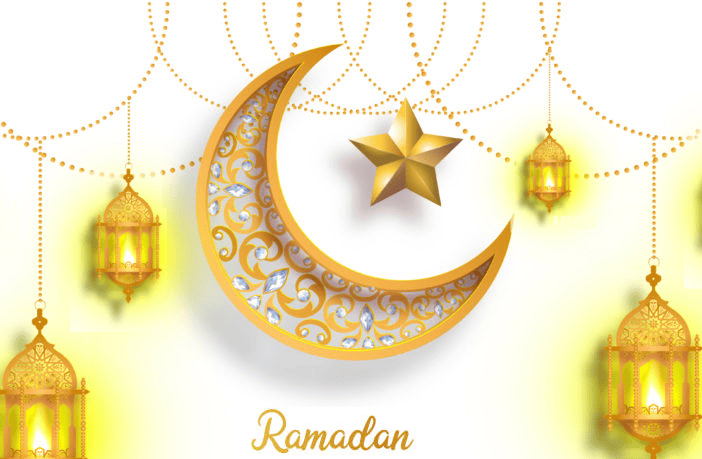
“ We hope you have a happy Eid-ul-Fitr that is full of joy, health, and prosperity on this unique day. " Eid Mubarak! "


